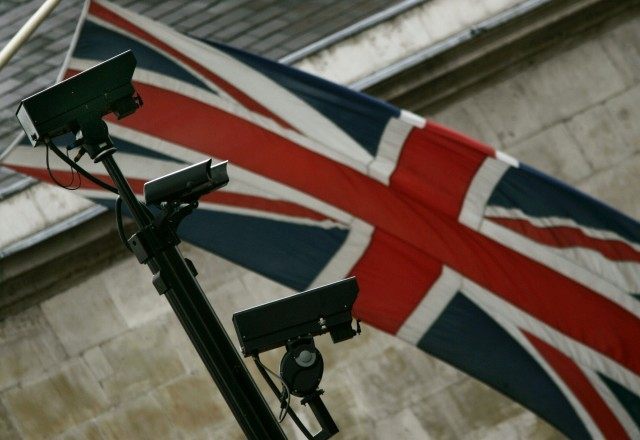More than 3,000 home-grown Islamic extremists are currently being monitored by MI5 and counter-terrorism police, a 50 per cent increase in just seven years. Many of those are British teenagers, both male and female, who are being radicalised within weeks by online propaganda from Islamic State.
The scale of radicalisation was revealed by MI5 director-general Andrew Parker during the first live interview with an MI5 chief in the agency’s 106-year history. Speaking on Radio 4’s Today program, he informed listeners that although half of those on the watch-list live in London, there are also hotspots in the South East, Manchester and the West Midlands.
In the last year, six terrorist plots have been foiled which, had they gone ahead, would have resulted in loss of life. “That is the highest number I can recall in my 32-year career, certainly the highest number since 9/11,” Mr Parker said. “It represents a threat which is continuing to grow, largely because of the situation in Syria and how that affects our security.”
He continued: “Most of the people who try to become involved in terrorism in this country are people who were born and brought up here, have come through our education system, and have nonetheless concluded that the country — their home country and the country of their birth — is their enemy.”
Mr Parker warned that terrorists are on the brink of gaining a technological advantage over security services, as the rate of development of encryption services could soon lead to spy chiefs “going dark”, unable to intercept messages between terror cells.
He insisted that social media and telecoms companies had an “ethical responsibility” to be more proactive in helping intelligence services to seek out jihadis or other serious criminals such as paedophiles.
A bill to bring in new investigatory powers is set to come before Parliament next month when MPs return from their conference recess, which builds on a number of reports and reviews into the balance between privacy and surveillance, most notably the comprehensive review of anti-terror laws undertaken by David Anderson QC in June.
The report recommended that a new “comprehensive and comprehensible” law should be drafted from scratch to replace the mish-mash of regulations that had grown up over time. It should provide “for clear limits and safeguards on any intrusive power that it may be necessary for public authorities to use,” Mr Anderson said.
It further recommended that current powers to retain bulk data should be retained, albeit with strict additional safeguards including judicial authorisation, a tighter definition of the purpose for which the data is sought, and a focus on targets outside the UK.
However, it rejected calls for the compulsory retention of third party data, saying that no case had been made for the measure to date.
Mr Parker made it clear that MI5 would welcome legislation based upon the Anderson report, saying “It’s important that from time to time legislation is updated so that we’re operating modern, straightforward law that describes transparently and as fully as it can what sort of thing MI5 does these days.”
However, he also made it clear that he wants internet and telecoms companies to go much further in handing data over to security services, saying “It is in nobody’s interests that terrorists should be able to plot and communicate out of the reach of any authorities… I think there is a real question about whether companies holding information of that sort should… come forward to the authorities and share and report it.”
The subject has been the cause of much controversy. Mr Anderson himself warned in his report that restrictions on freedom of speech in the forthcoming bill risked “provoking a backlash in affected communities, hardening perceptions of an illiberal or Islamophobic approach, alienating those whose integration into British society is already fragile and playing into the hands of those who, by peddling a grievance agenda, seek to drive people further towards extremism and terrorism”.
Freedom campaigners have made similar points. Renate Samson, Chief Executive of Big Brother Watch, said that while Mr Anderson’s “well researched and balanced report” featured “a number of excellent recommendations, […] a compelling case for the intrusive powers called for in the “Snoopers Charter” has failed to be made.
“On the issue of bulk data collection, further discussion about safeguards based on necessity and proportionality is critical,” he added. “Bulk data collection whilst useful, has the power, as Mr Anderson noted, to be “revealing of personal habits and characteristics”. Further discussion and debate is therefore essential.”
Meanwhile Shami Chakrabarti, of Liberty, said that the security services must not be given a blank cheque. She added: “There are all sorts of reasons for privacy. It is not just criminals and terrorists who have a value in protecting their communications and their data.”
The Internet Services Providers’ Association last night told The Times that the case for extending online surveillance powers had not been made.

COMMENTS
Please let us know if you're having issues with commenting.